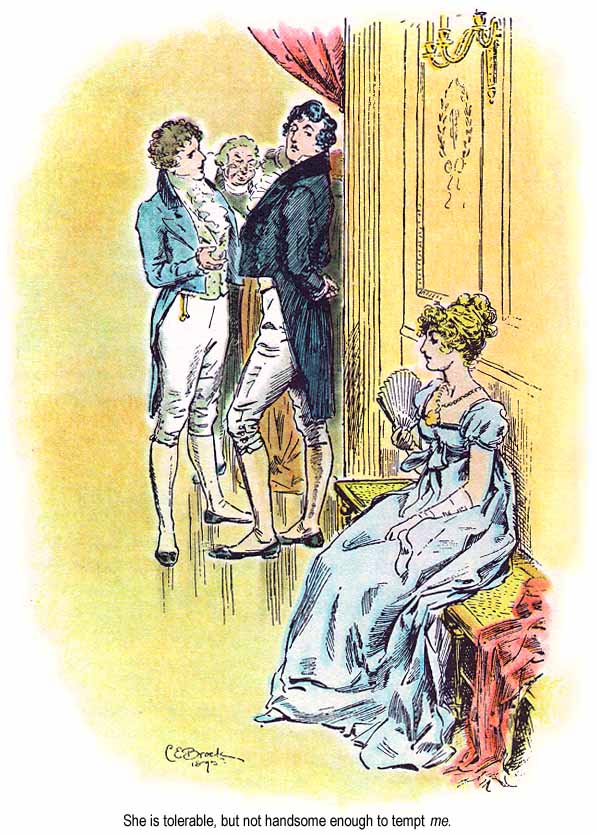So much stuff comes into our lives these days – or attempts to – that it can be hard to process it all. Some choices are easy: junk mail in the recycle bin, useful bags into the Bag of Useful Bags, last week’s newspaper into the kindling basket/worm farm/rodent cage, etc.
But other choices can be harder to make. Should I buy this petit objet? Should I accept this goody-bag? Should I chip in for this fundraiser even if I’m not that keen on what they’re selling?
While reading The Fellowship of the Ring, I came up with a useful measuring stick for these situations: is it mathom-worthy? That is, is it something that you could pass on to someone else, regift, or donate?



